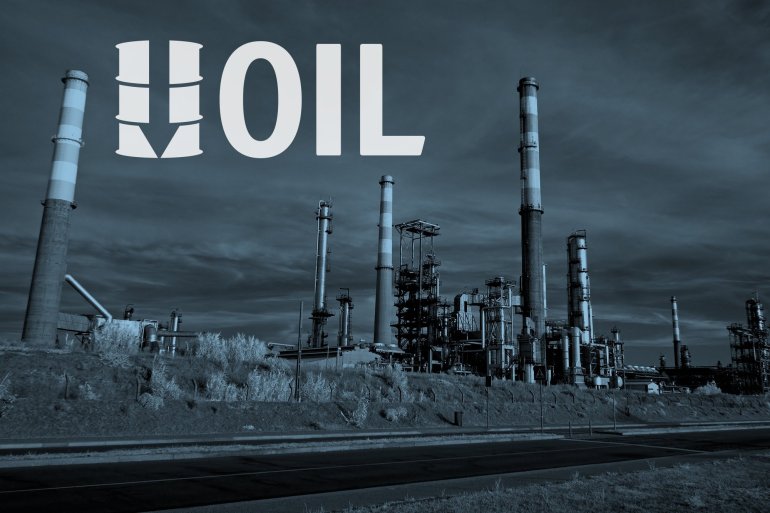Not only will addiction to fossil fuels drive the world’s “mutually assured destruction,” it could also hit your investment portfolio, warns the CEO of one of the world’s largest independent financial advisory, asset management and fintech organisations.
The warning from Nigel Green of deVere Group, a game-changing global financial giant, comes as UN Secretary General Antonio Guterres said at an event organised by The Economist: “Countries could become so consumed by the immediate fossil fuel supply gap that they neglect or knee-cap policies to cut fossil fuel use.
“This is madness. Addiction to fossil fuels is mutually assured destruction.”
Nigel Green comments: “The Secretary General is, of course, right. The race to replace Russian oil, gas and coal supplies could have catastrophic, irreversible consequences for the planet.
“The international scramble to fill the energy gap is putting in serious jeopardy the essential goal of capping global warming at 1.5 degrees Celsius set out in The Paris Agreement.
“It’s critical that countries around the world continue to work on their reduction of emissions in order that we have any chance of meeting the target of a 45% cut in global emissions by 2030.”
Last year deVere Group joined global financial powerhouses – the world’s two largest credit rating agencies, six major audit networks, three leading index providers, and two global stock exchanges – in becoming a founding member of a new international alliance that will help accelerate the transition to a net zero financial system.
The Net Zero Financial Services Providers alliance joins the Glasgow Financial Alliance for Net Zero, the UN group for financial institutions to make credible net zero commitments through the UN’s Race to Zero project.
The deVere CEO continues: “Hitting the brakes on decarbonisation is not only a serious issue for our planet, it could also hit investors’ portfolios if they move away from sustainable investments.
Impactful investments have been making up an increasingly large proportion of portfolios in recent years. Indeed, they have gone from ‘nice to have’ to a legitimate portfolio diversification tool that delivers profits with purpose.
“This trend should not change in the wake of the current geopolitical issues. We are in extraordinary times, but these do not last forever – as financial history teaches us – and investments should remain future-focused.
Earlier this month, Nigel Green said the case for green energy being an investment megatrend of the decade has not changed for three key reasons.
First, governments and regulators are becoming increasingly pro-ESG which boosts investor confidence. Second, as millennials, who are statistically more likely to seek responsible investment options, become the major beneficiaries of the largest intergenerational transfer of wealth – an estimated $30tn in the next few years – we can expect both retail and institutional investors to continue to pile into ESG. Third, the pandemic focused minds on the fact that the health of our planet directly affects human health which, in turn, affects the way we all live and work. This global mindset shift represents enormous opportunities for investors.
The deVere CEO concludes: “Investors need to think carefully before rushing to reposition portfolios away from future-focused alternatives in the wake of the Russia-Ukraine situation.
“Climate change remains the greatest risk to economies and communities around the world – and there are major opportunities and high rewards for those who invest in a more sustainable future.”

 Naira4 weeks ago
Naira4 weeks ago
 Naira4 weeks ago
Naira4 weeks ago
 Travel3 weeks ago
Travel3 weeks ago
 Jobs4 weeks ago
Jobs4 weeks ago
 Naira3 weeks ago
Naira3 weeks ago
 Naira3 weeks ago
Naira3 weeks ago
 Investment4 weeks ago
Investment4 weeks ago
 Travel4 weeks ago
Travel4 weeks ago




























